The 70s along with the 30s, was the most defining decade for cinema. The 30s marked the historic transition from silent to sound at a cosmic level. The 70s similarly marked the absolute transition from film noir, with the 60s laying the foundation for this tremendous change in the way films were perceived. ‘Taxi Driver’, ‘Jaws’, ‘The Exorcist’, ‘Star Wars’ and ‘The Godfather’ are few titles that spring up when someone talks about 1970s. These movies brought a new dimension to the art of filmmaking with drastic improvements in cinematography, sound design, general unconventionality and portrayal of violence, which was a rather precarious subject back then.
But, there’s always been some films that contributed to cinema without getting sufficient appreciation for their efforts and intellect. Films, that got lost in the plethora of changes during that decade but were ideal inspirations to future blockbusters. Here’s the list of top 70s classic movies.
Read More: Best Movies of the 1970s
1. Deep Red (1975)
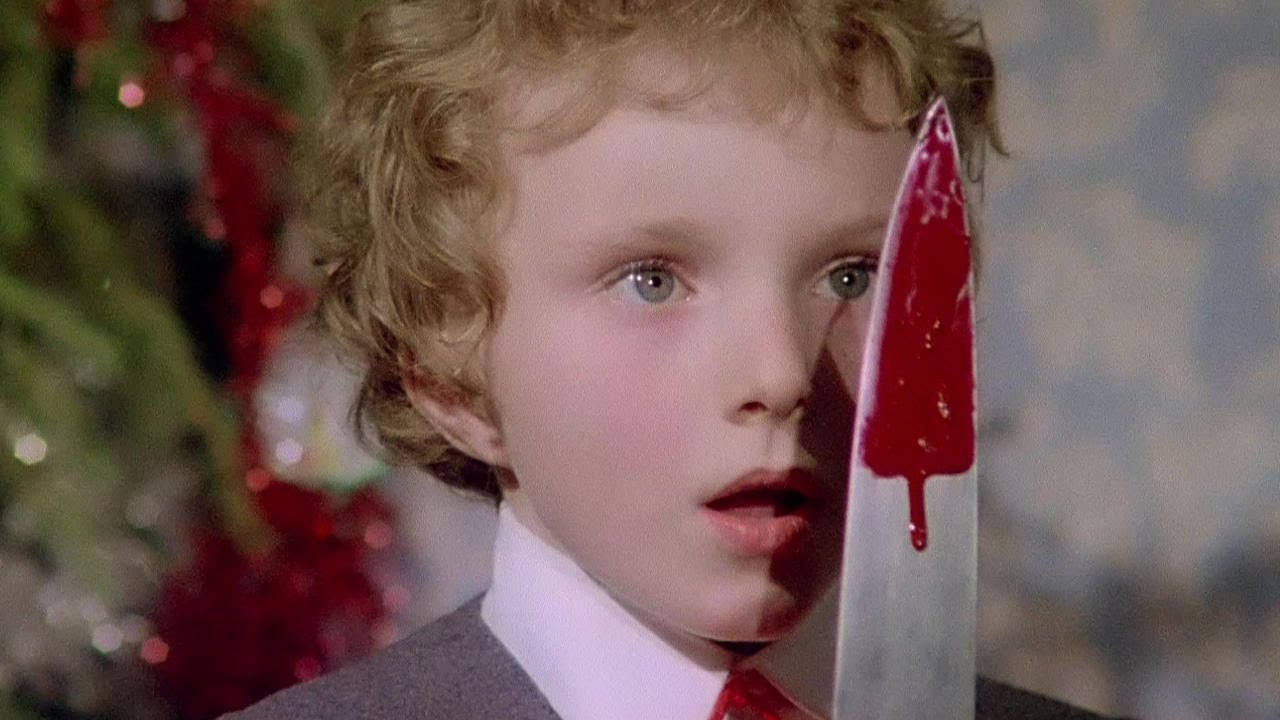
The contribution of Italian directors to horror is second to none and one such director is Dario Argento famous for his cult classic Suspiria. His greatest film though, is ‘Deep Red’ (or Profondo Rosso), arguably the most iconic title from the giallo genre. The color palette (dominantly red), the score by Goblin, the long suspenseful scenes with perfect pacing, the inventive deaths and a remarkable plot twist device cements its place as one of the most important thrillers ever made. Argento manipulates noire elements to create something even better. The use of dolls to instill horror in the viewers’ minds was an inspiration for the Chucky franchise and even Jigsaw to an extent.
2. Westworld (1973)
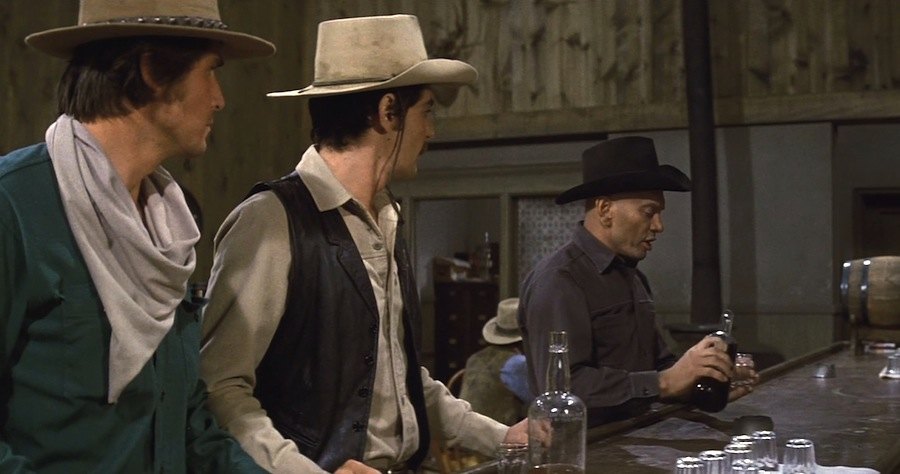
Westworld is the most underrated sci-fi from the 70s. Period. This is a film that has served as a major inspiration for blockbusters like ‘The Terminator’, ‘Jurassic Park’ and movies where artificial intelligence goes rogue. On the surface, ‘Westworld’ is a sci-fi with a western setting, but if you pay attention it’s a brilliant take on the dark side of human nature, showcasing humans’ penchant for violence and sex. Unlike the TV show of the same name, it doesn’t plunge into the depths of the consciousness of the robots and the reasons pertaining to their malfunctioning though. Mainly due to reasons regarding the status of technological awareness during that period. The movie is aided by a very menacing performance from Yul Brynner as The Gunslinger.
3. THX 1138 (1971)
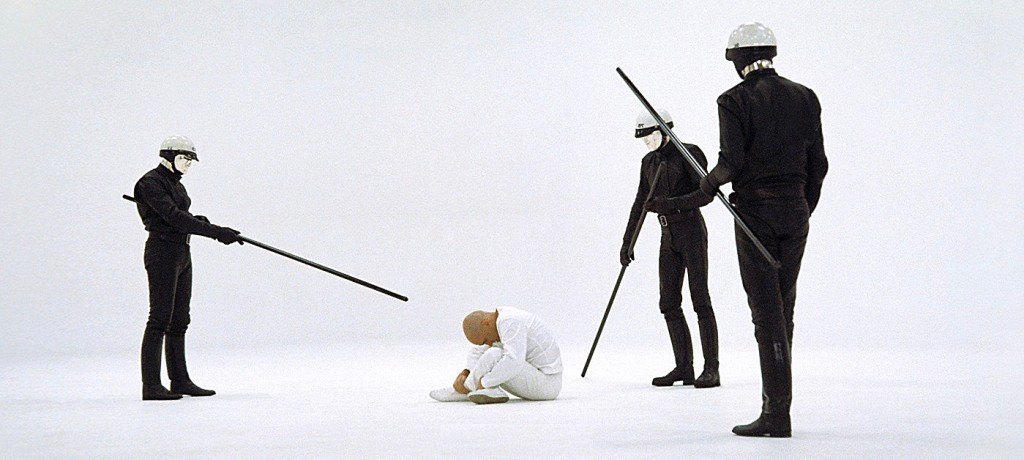
George Lucas became a household name during the 70s and 80s, because of the huge success of ‘Star Wars’. But little known is the fact that his best work up to date is ‘THX 1138’, a sci-fi social horror film set in the Orwell dystopian future, where humans are made to transcend into emotionless beings. His debut feature is classic sci-fi to the core with a metaphysical sense of feeling, amplified by the set design that is encompassed heavily by white color to represent voidness. The dialogues, body language and costumes of the humans beautifully represent their state of trance in a chilling manner, and like ‘2001 : A Space Odyssey’ it exposes the viewers to the true horrors of society and life. The film was digitally restored by Lucas himself in 2004.
4. Badlands (1973)
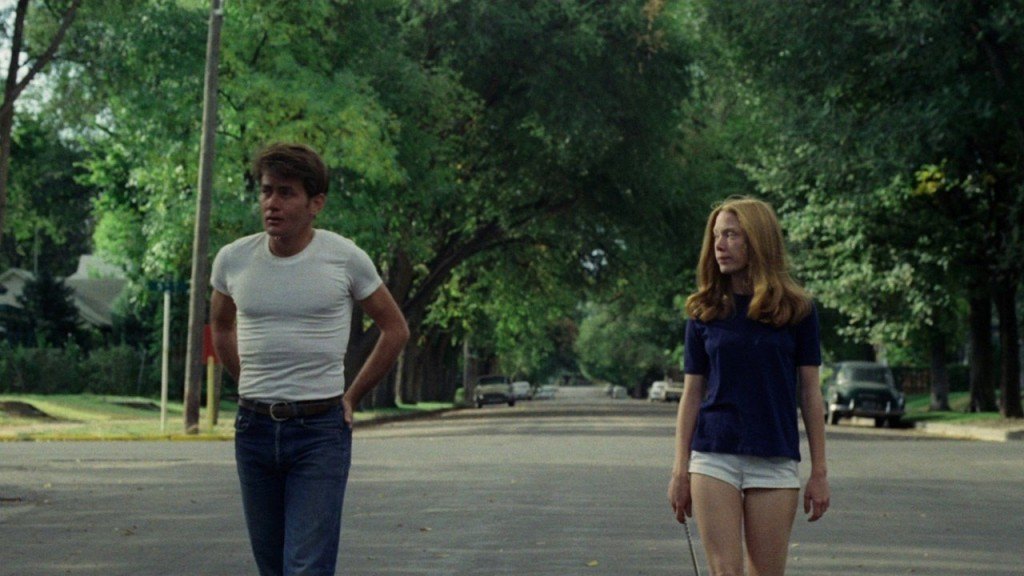
Terrence Malick. The name that sends the average moviegoer into a meltdown probably due to a horrid experience of watching one of his works. He is one of the finest auteurs to have graced the art of filmmaking and due to his multi layered complex themes is unpopular with the masses. “Human lives diminish beneath the overarching majesty of the world”, Roger Ebert says of Malick’s films.
Badlands was Malick’s debut feature, a tribute to the Bonnie and Clyde-esque stories, a road movie with a western setting. Malick focuses on nature to convey his ideas, like a third character in this movie. It features a lingering dreamy narrative voiceover, long shots(not to be confused with long takes), juxtaposition of Malick’s ideas with a plot, preference of fulfilling silence over dialogues and a few other devices that have become a trademark for his movies. Badlands doesn’t delve into the crimes, it delves into the criminals. It delves so deep, the end feels like an abrupt landing from Malick’s world to ours.
5. The Friends of Eddie Coyle (1973)
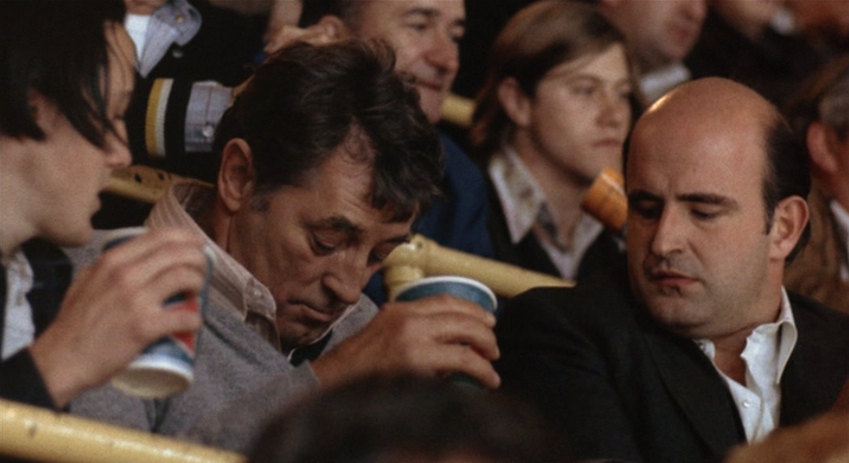
Robert Mitchum. The man who popularized the anti-hero role way before DeNiro’s Travis Bickle did. Mitchum was known for making audiences sway to root for the nasty guy. That’s what he does in The Friends of Eddie Coyle, with a diferent flair, in what may be regarded as his best performance (‘The Night of the Hunter’ was great too, but this edges it out). This movie is on every Underrated list, a 100% rating on RT, 4/4 from Ebert but why is it so overlooked?
Because it’s not your typical crime drama and definitely a very atypical performance from an actor whose popularity was on the decline. The movie doesn’t ride on an action packed high intensity plot but primarily on the sombre subdued performance of the lead. The movie’s not about the underworld in Boston, but a character study of a man, a microcosmic part of it, who rats on his friends and ends up in a very tricky situation. The movie takes its own time to unravel itself which didn’t go down well with the audience. Nevertheless, it’s an exceptional movie, one you must not miss.
6. Aguirre, the Wrath of God (1972)
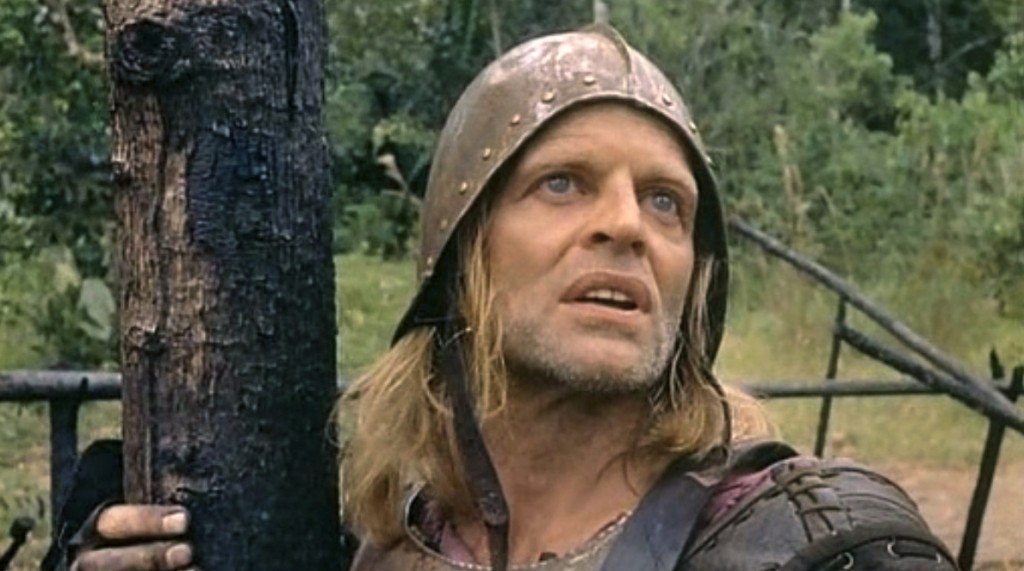
Werner Herzog, considered to be a monumental figure in German cinema directed this historical epic in collaboration with the great Klaus Kinski (famous for playing Nosferatu in Herzog’s remake). One of the greatest arthouse films of all time, it was a major influence to the making of ‘Apocalypse Now’, with Coppola borrowing a lot of its murky visual narrative tools. The recent epic ‘Valhalla Rising’ draws very strong resemblances to this movie as well. Minimalistic dialogues with performances that feel right out of a impressionistic movie does wonders and brilliantly sets the tone for the horrific madness that ensues and strikes the viewers like a slow stab to the gut, steadily drawing out life from the movie. A masterpiece from Germany.
7. The Conformist (1970)
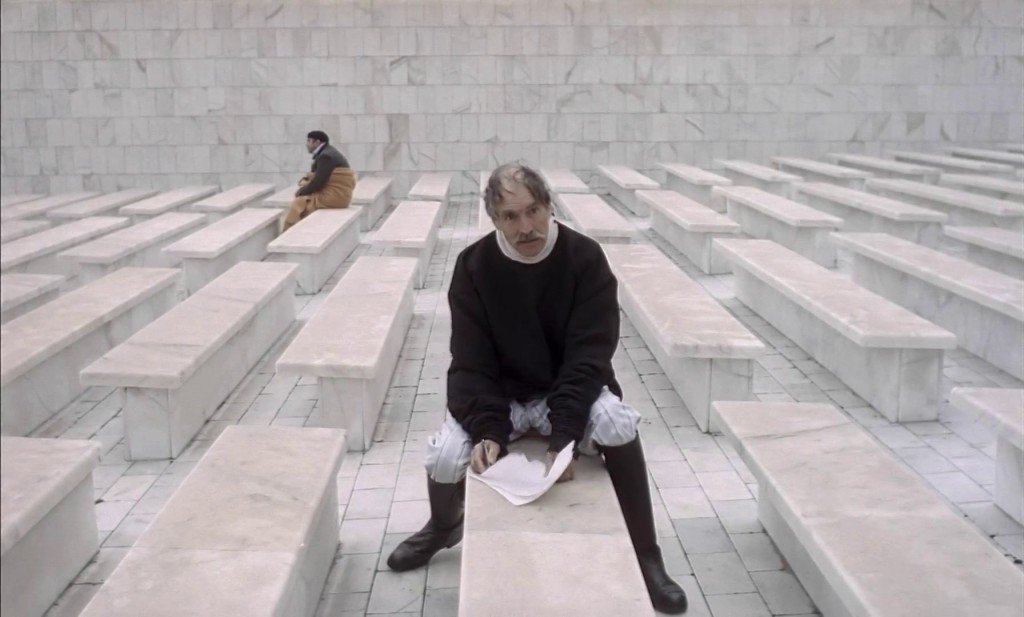
Bernardo Bertolucci is infamous for ‘Last Tango in Paris’ and ‘The Dreamers’, because of the unsettling use of violence and the controversies surrounding them. But his greatest achievement is ‘The Conformist’ (or Il Conformista), a political drama set in the 30s during the pro WW1 Fascist era. The set design and Storaro’s cinematography is beautiful, capturing the true essence of 30s, giving the film a charming noire look. Trintignant gives his best performance after ‘Z’, another political thriller masterpiece.
Like most European greats, it is a well documented quiet character study, of a failed man who wants to do something with his life, breaking under the expectations of the society, ends up joining the Fascist movement, agrees to assassinate his old teacher. All, because he wants to earn a name he doesn’t deserve, without thinking of the consequences. Bertolucci and Trintignant do a great job in making the audience support the lead, with the camerawork and the non linear narrative deviating them from the bleakness that is on display. It’s a wonder to behold.
8. The Wicker Man (1973)
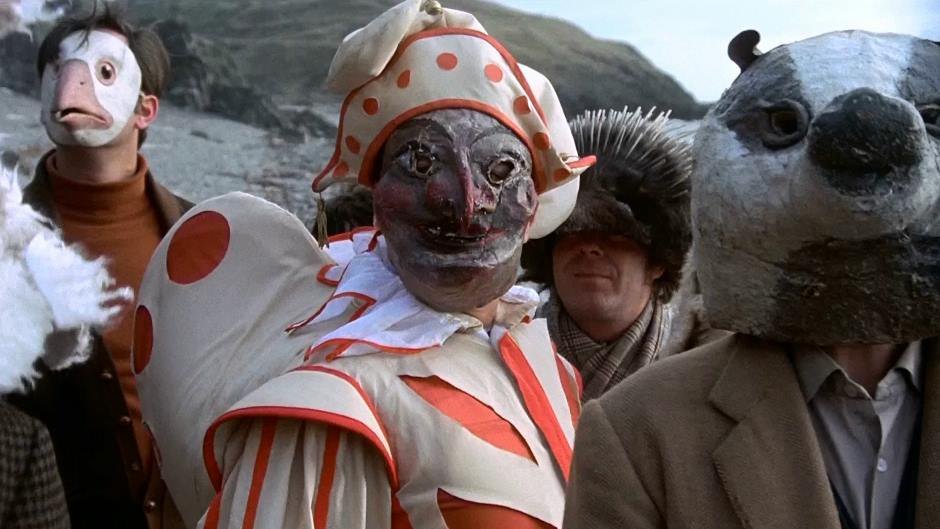
It’s usually a surprise to see a B grade feature in a list of top movies, but then that’s how good ‘The Wicker Man’ is. The Wicker Man is supposed to be one of the greatest horror films of all time, but its much intelligent than that, it’s an unsettling dark comedy mocking society and its fundamental values. Its genius lies in its absurdity; Paganism, mass outdoor orgies, sacrifices, profanity filled songs being sung by children, naked women dancing and what not, and I had to rewatch it to get a grip of the events in the movie.
Edward Woodward’s character is reminiscent of Nicholson’s tragedy stricken J.J Gittes. He is a self-righteous devout Catholic who gets embroiled in something so shady whose viciousness he cannot comprehend and falls victim to it. As Mark Twain said “Never argue with stupid people, they will drag you down to their level and beat you with experience”.
9. Scarecrow (1973)
The 70s were a heaven for Al Pacino and his fans, from ‘The Godfather’ to ‘Dog Day Afternoon’, every movie associated with the name was a huge success. But under this veil of classic hits, a movie that got overlooked was Scarecrow, a road film featuring Al and Gene Hackman. Like all road trip dramas, the events take place in a very chronological manner with minimum knowledge at the beginning. Similarly like all great ones, the actors are endowed with freedom and the weight of the movie.
Hackman and Pacino as a duo are flawless. They are two nobodys on a journey that does not change their lives but changes their personalities, the way they perceive things. It’s not a masterpiece, sure, it lacks a definite structure, and may not have had a massive influence. It’s still a beautiful light-hearted story of two great stars and how they eradicate the stardom with their portrayals and engulf the viewers in affection for two vagabonds.
10. The Last Picture Show (1971)
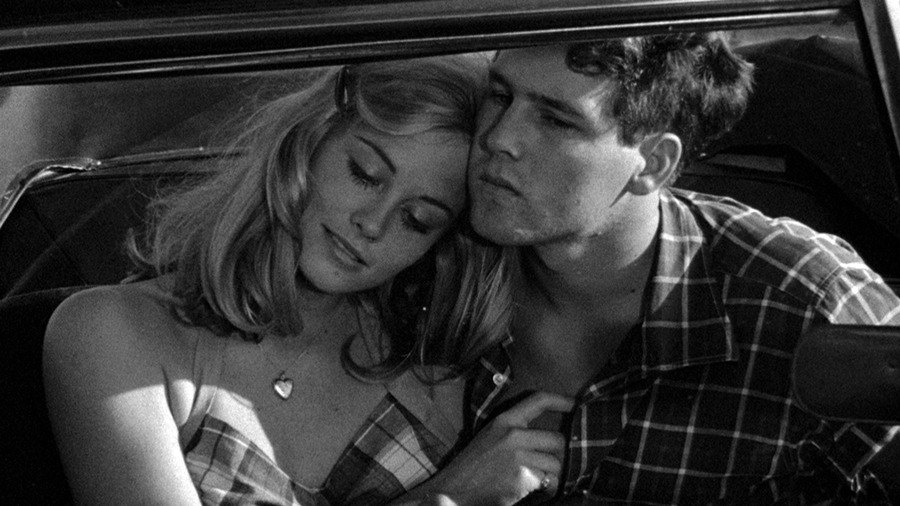
The Last Picture Show is a highly overlooked coming-of-age drama starring The Dude(Jeff Bridges) and Cybill Shepherd (‘Taxi Driver’). Set in the 50s and shot in black and white, it’s about the lives of teenagers in a small Texas town that is stagnant, with a bleak future. It boasts a 100% rating on RT and is considered the best film of 1971. Ebert says of the movie “the film is above all an evocation of mood. It is about a town with no reason to exist, and people with no reason to live there. The only hope is in transgression”.
On the surface its a beautiful film, with ironically a story full of heart, but on the inside its nothing but heartbreaking, it makes you relate to the characters, care for them, but also flashes the truth in your face; whats in the movie is all there is to it, and there is no future. Its crisp black and white cinematography evocatively brings out the emotions perfectly. Unlike films like ‘A Clockwork Orange”, that came out the same year and bears the similar theme of upbringing, this doesn’t cave into frustration or madness to portray the predominant bleakness in society and deserves way more credit than it gets. An absolute classic.

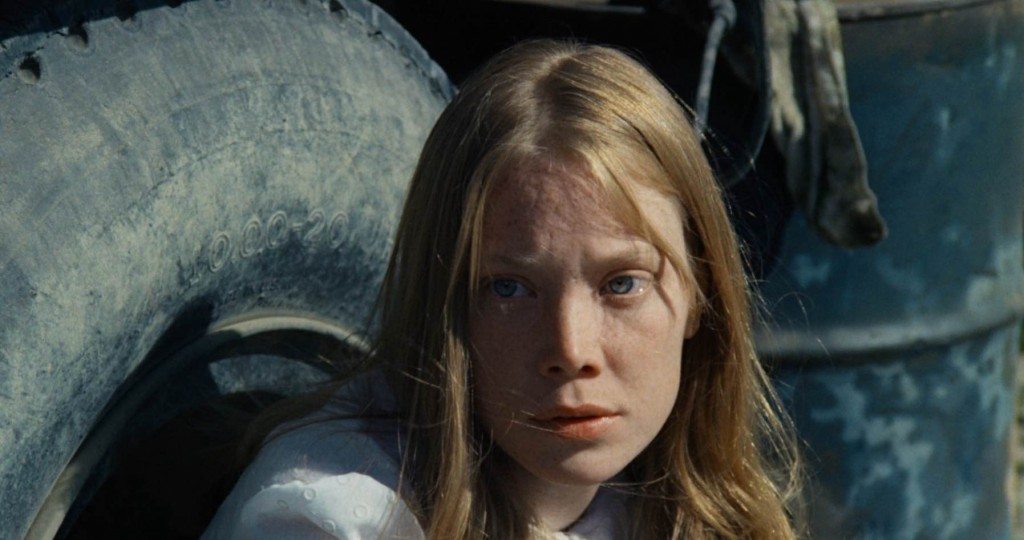

You must be logged in to post a comment.